Quick Summary: World Bank has approved three major financing operations totaling $1.08 billion to support Nigeria’s education, nutrition, and economic resilience. The funding includes $500 million for the NG-CARES Programme to provide livelihood support, $80 million for ANRIN 2.0 to enhance nutrition for mothers and children, and $500 million for HOPE-EDU to improve basic education. These initiatives aim to uplift vulnerable communities, drive human capital development, and create long-term economic stability.
World Bank Approves $1.08 Billion to Boost Education, Nutrition, and Economic Resilience in Nigeria
The World Bank has approved three financing operations totaling $1.08 billion to support education, nutrition, and economic resilience in Nigeria. These concessional loans aim to improve education quality, strengthen community resilience, and enhance nutrition for underserved groups.
Breakdown of the Approved Funds
The approved operations include:
- $500 million in additional financing for the Community Action for Resilience and Economic Stimulus (NG-CARES) Programme.
- $80 million for Accelerating Nutrition Results in Nigeria (ANRIN 2.0).
- $500 million for the Hope for Quality Basic Education for All (HOPE-EDU) initiative.
NG-CARES: Boosting Livelihood Support
The NG-CARES Programme, initially designed to mitigate the economic impacts of COVID-19, will now expand access to livelihood support, food security services, and grants for vulnerable households.
So far, the programme has benefited over 15 million Nigerians and has evolved into a shock-responsive platform providing:
- Social transfers
- Labor-intensive public works
- Livelihood grants
- Support for small businesses
The additional financing will strengthen the programme, particularly as Nigeria navigates economic challenges following the 2023 fuel subsidy removal and foreign exchange rate unification.
ANRIN 2.0: Tackling Malnutrition
The Accelerating Nutrition Results in Nigeria (ANRIN 2.0) programme will improve access to quality nutrition services for pregnant women, lactating mothers, adolescent girls, and children under five.
This initiative aligns with Nigeria’s National Development Plan (2021–2025) and the Multisectoral Plan of Action for Food and Nutrition. It focuses on:
- Preventive and curative nutrition interventions
- Improved feeding practices
- Increased access to micronutrient-rich foods
Building on the success of the original programme, which provided nutrition services to over 13 million children under five between 2018 and 2024, ANRIN 2.0 aims to expand its reach and impact.
HOPE-EDU: Strengthening Basic Education
The Hope for Quality Basic Education for All (HOPE-EDU) initiative will improve foundational literacy and numeracy, expand access to basic education, and strengthen education systems in participating states.
Key beneficiaries include:
- 29 million public primary school pupils
- 500,000 teachers
- Over 65,000 public primary schools
The initiative will also address school overcrowding and enhance the decentralized allocation of education funds. Additionally, it will receive $52.18 million in co-financing from the Global Partnership for Education Fund.
What Experts Are Saying
World Bank Country Director for Nigeria, Dr. Ndiamé Diop, emphasized the importance of investing in human capital.
“Investing in human capital is critical for Nigeria as it offers the best opportunity to unlock the enormous potential of Nigeria. These new programmes will help accelerate education quality and support vulnerable citizens.”
Diop also highlighted the broader benefits:
- HOPE-EDU will drive education reforms and equip Nigeria’s young population with foundational skills.
- ANRIN 2.0 will expand access to nutrition services and micronutrient-rich foods.
- NG-CARES will transition Nigeria from pandemic response to long-term economic resilience.
With these new investments, the World Bank aims to strengthen Nigeria’s human capital and economic stability, ensuring long-term growth and prosperity.

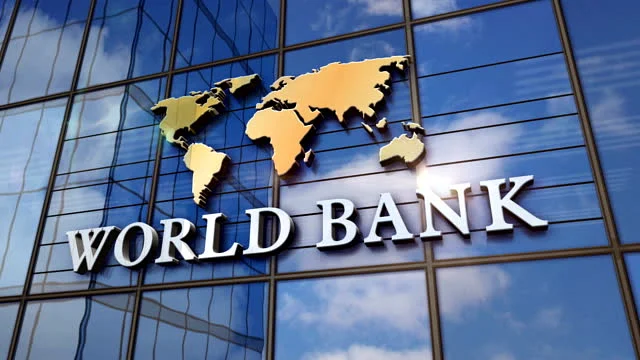


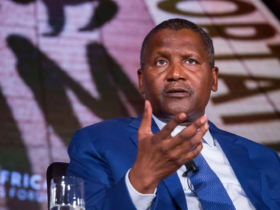



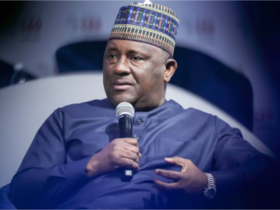




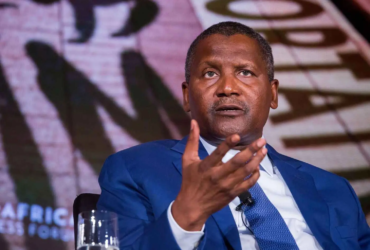


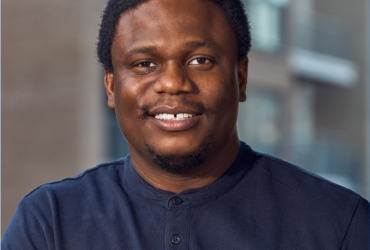
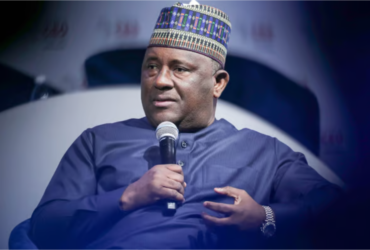

Leave a Reply